Do you remember the video I made about the fact that I still buy CDs, vinyls, and music files like MP3s from the Apple iTunes store? What Amazon did recently is proof that I'm doing a good thing for my music library. And you should also consider doing the same - owning your stuff and not renting it from somebody, let's say Amazon.
Amazon changed its policies related to Kindle books, and from February 26, 2025, you're not able to download the books you've bought on the Kindle store. You're only able to transfer them to a Kindle device, so if you use a Boox tablet or a Kobo tablet to sideload those books, well — you're out of luck.
Of course, Amazon is doing this because the company wants to sell more Kindle devices, but you know what I mean. In the music realm:
Spotify can do the same.
Apple Music can do the same.
Tidal can do the same.
You're not the owner of your playlist.
The Illusion of Ownership
If I buy an MP3 album on the iTunes store, I own the MP3s. They are DRM-free, and I can use them anywhere I want - on my preferred digital audio player, for example. This is real ownership, not the illusion of it that streaming services provide.
The fact that Amazon is making this policy change so that after a certain date, no book - even if you spent the last 10 years collecting your Kindle books - can be downloaded ever again is plain and simple stupid.
It would be very bad, but it would be slightly better if they said, "Ok, for all the books purchased after February 26, 2025, you will not be able to download them," whereas all the books you have bought in the last 10 years, you will still be able to download until the end of time. It would be a policy change with respect for the consumer - but of course, it would not push people to buy Kindle devices. So, screw the respect!
Amazon is not Customer-Centric
This kind of aggressive policy change will probably push some people that are more comfort-inclined to buy a Kindle for 100 dollars and forget the change. That's exactly what Amazon wants - to lock you into their ecosystem.
I've seen this pattern repeat itself across digital media platforms. Companies start with consumer-friendly policies to build their user base, then gradually restrict options once they have enough market share. It's a bait-and-switch tactic that punishes loyal customers.
Remember when you could easily transfer your purchased iTunes songs to any device? Or when Kindle books could be read on practically any e-reader? These freedoms are being systematically eliminated to force consumers into walled gardens where companies have complete control.
Curation and True Ownership
I'm a big believer in owning things, and I think that you don't really need access to every book on earth and every music album on earth. It would be much better if you curate what you want to listen to, if you curate what you want to read, and then you own it.
There's something deeply satisfying about building a personal library of books or music that you've thoughtfully selected. It reflects your tastes, your journey, your intellectual development. When you stream everything, you own nothing, and that collection can disappear at any moment.
Preferably, you own your media in such a way that you pay the artist or author the most. Because if not, those people will not make more music, they will not write additional books, they will just go to a corporation and get a job in order to pay bills.
Taking Control of Your Digital Life
The Amazon Kindle policy change should be a wake-up call for all of us. Remember: when you "buy" digital content through most platforms, you're really just purchasing a conditional license that can be modified or revoked.
For books, consider purchasing DRM-free ebooks directly from publishers. For music, look into Bandcamp or buying MP3s that don't have usage restrictions. Yes, it might be slightly less convenient than one-click streaming, but the peace of mind is worth it.
Physical media still has tremendous value too. A book on your shelf can't be remotely deleted. A CD or vinyl record will play regardless of whether a company changes its terms of service. There's resilience in tangibility that digital licenses simply don't provide.
Supporting Creators Through Direct Ownership
When you purchase directly from creators or through platforms that give them a larger cut, you're not just securing your own access - you're helping sustain the creative ecosystem. Streaming services typically pay fractions of pennies per play, while direct purchases provide meaningful income.
Think about the future of creativity if we continue down this path of centralized control. When artists can't make a living from their work, we all lose out on the books, music, and art that enrich our lives. Your purchasing decisions are votes for the kind of creative economy you want to see.
The bottom line is simple: if you value something, own it outright if possible. Don't trust corporations to maintain your access to the content you've paid for. They've shown time and again that their priorities can shift, leaving consumers stranded without the media they thought they owned.


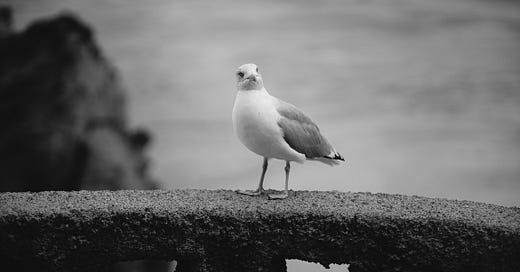


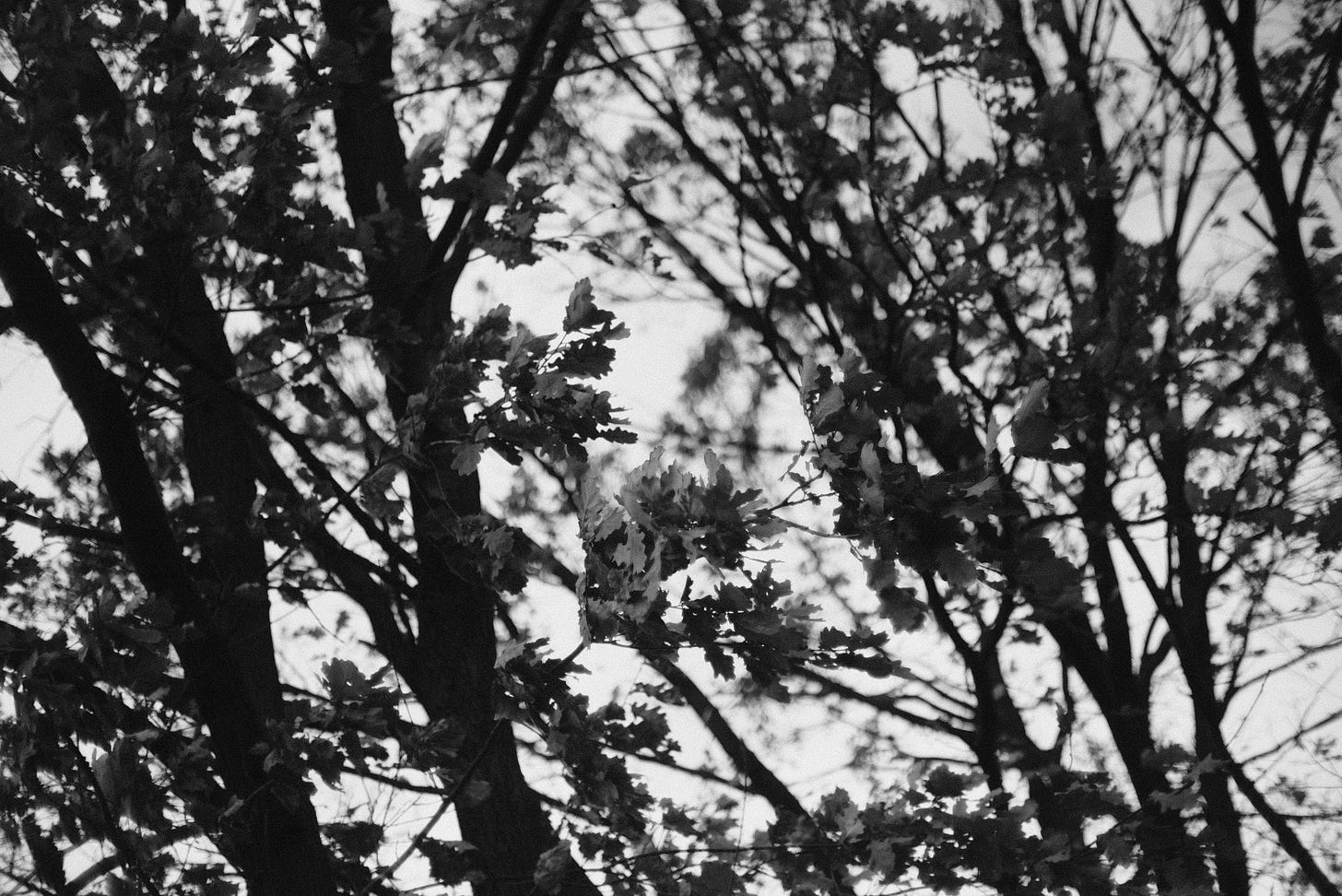

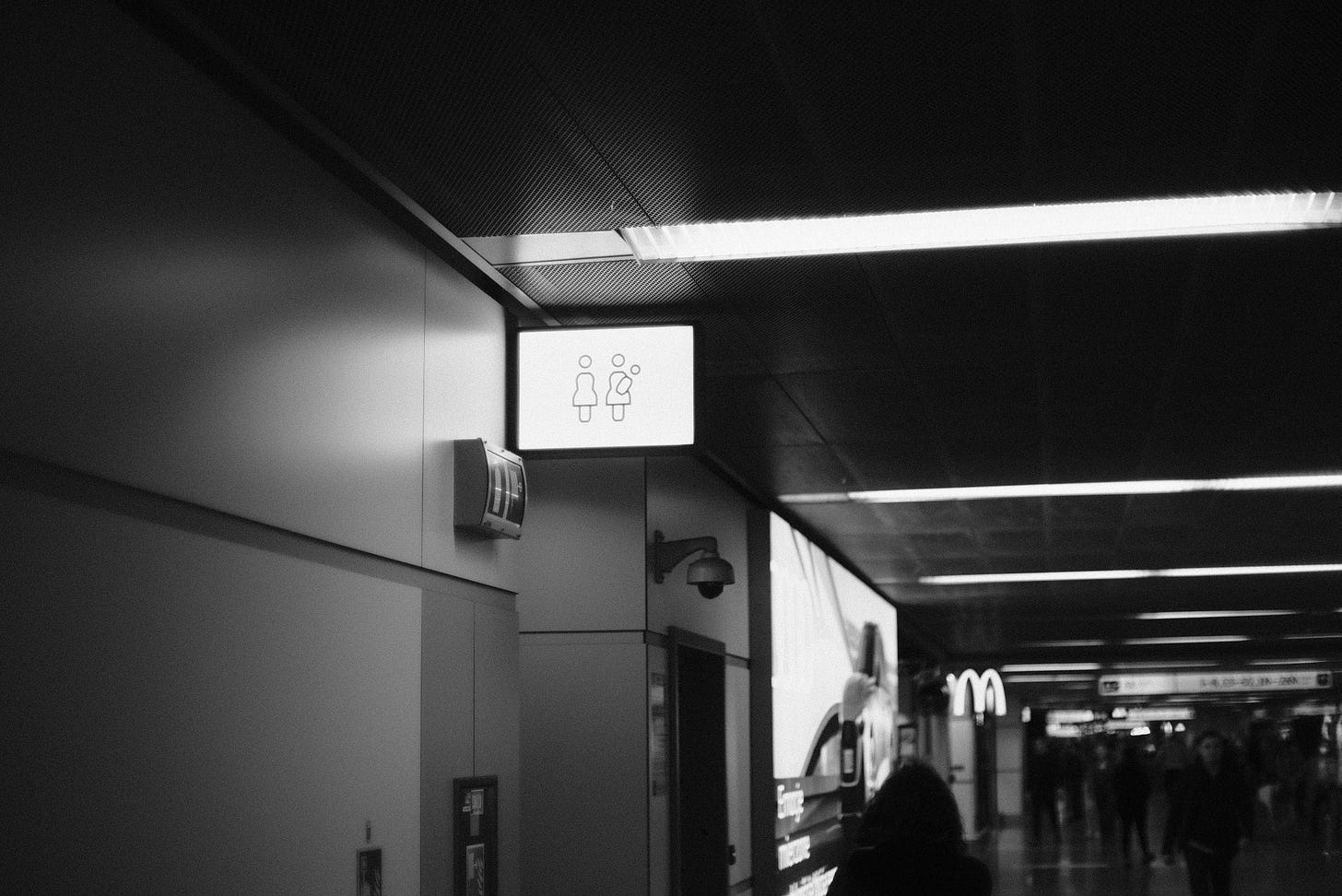
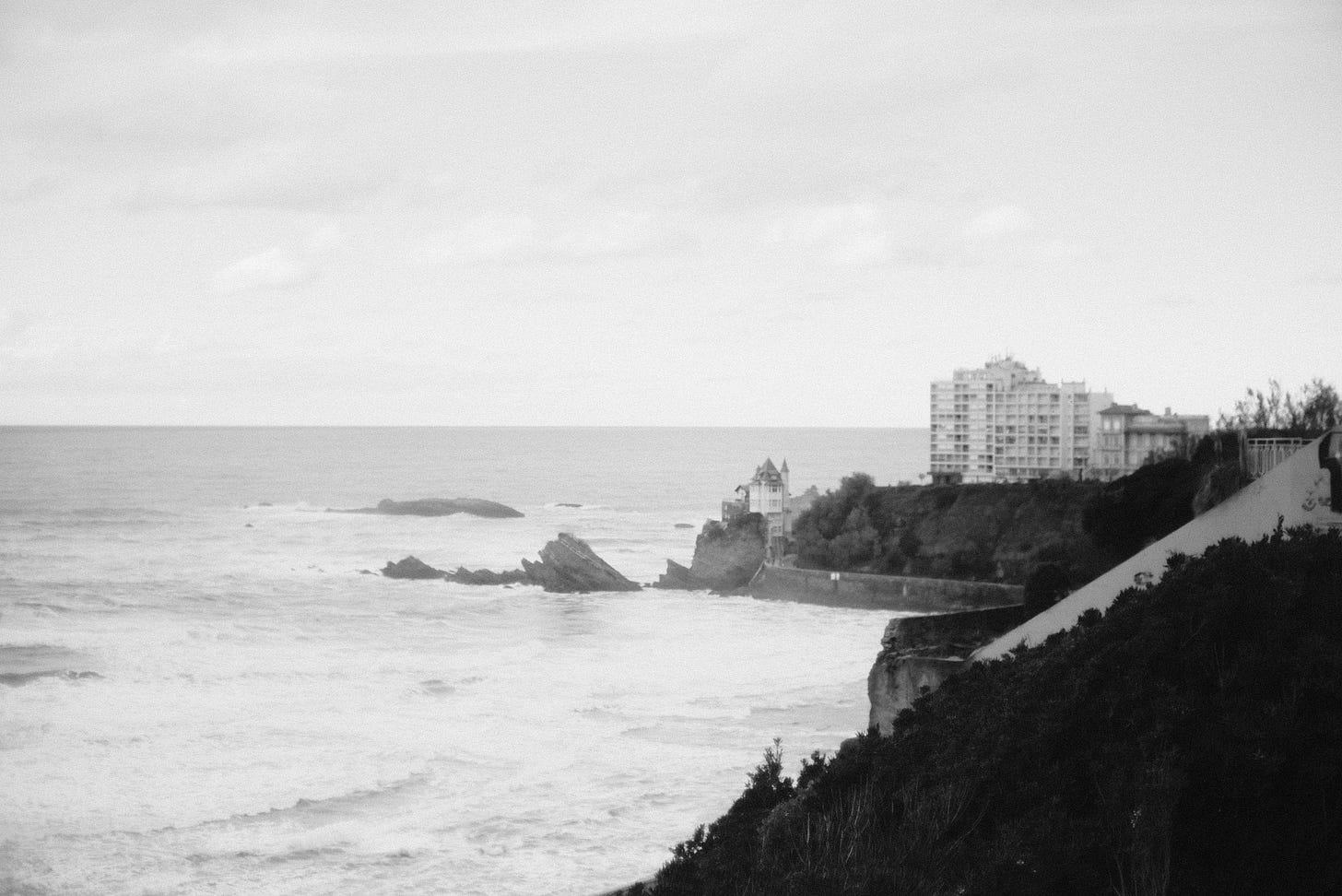

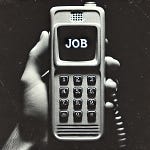





Share this post